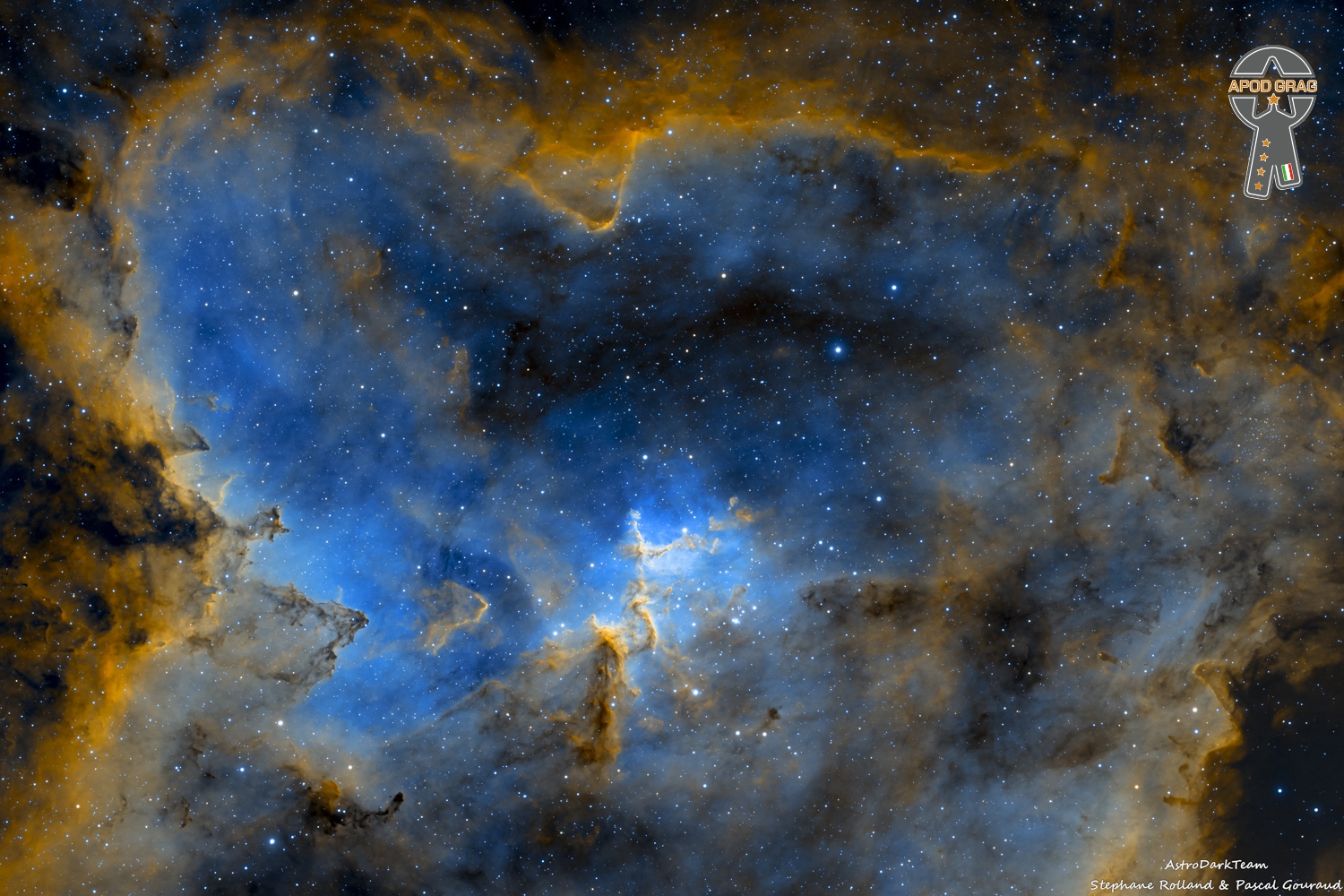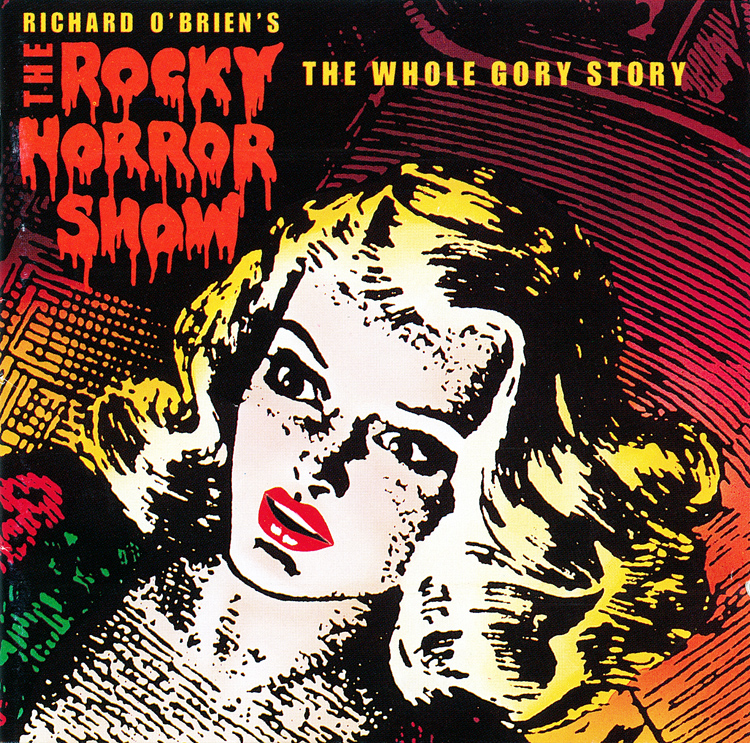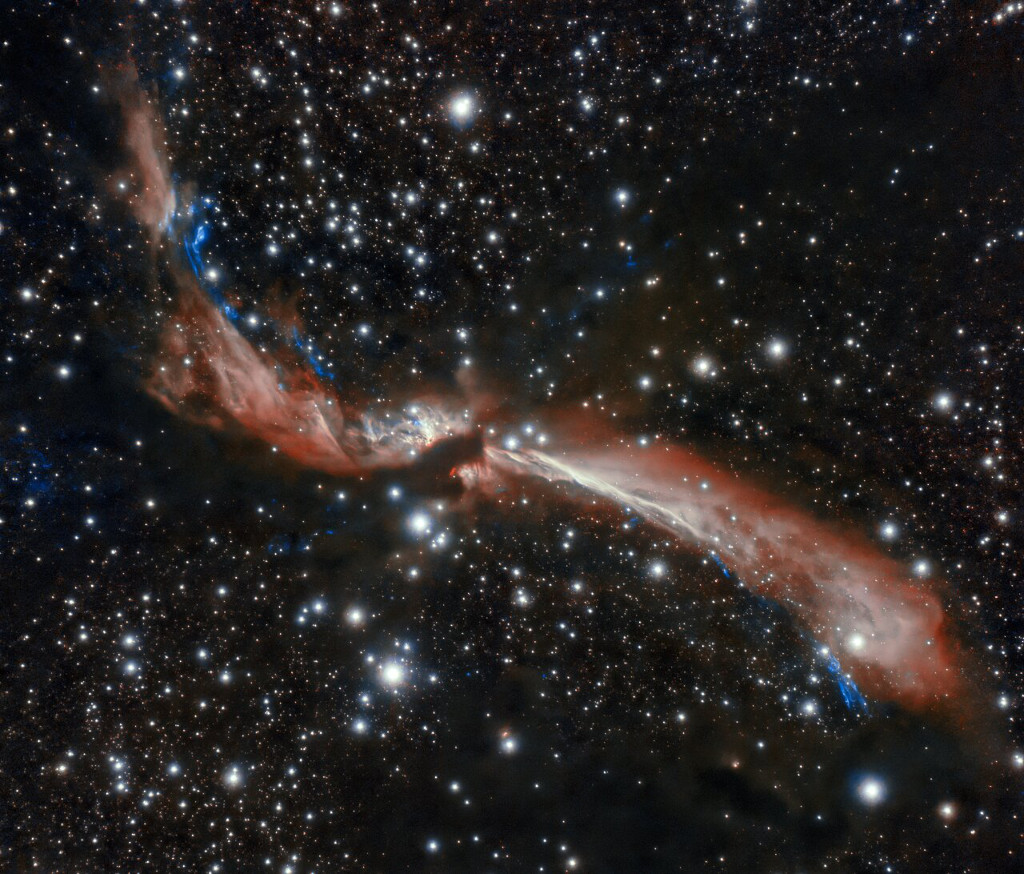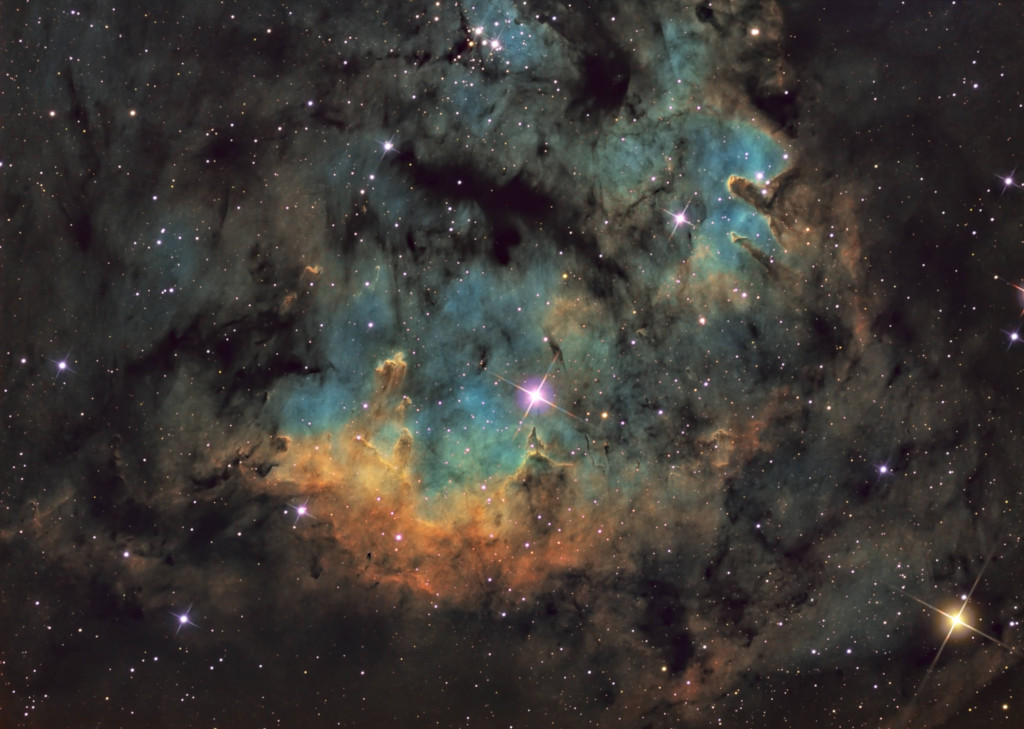Blog
Curtis Counce (January 23, 1926 – July 31, 1963) was an American hard bop and West Coast jazz double bassist.
Counce was born in Kansas City, Missouri and moved to California in 1945. He began recording in 1946 with Lester Young, and in the 1950s in Los Angeles with musicians such as Shorty Rogers, Stan Kenton, Shelly Manne, Lyle Murphy, Teddy Charles, and Clifford Brown. Counce formed his quintet in 1956 featuring tenor saxophonist Harold Land, trumpeter Jack Sheldon, pianist Carl Perkins and drummer Frank Butler. Elmo Hope replaced Perkins after his death at age 29 in 1958. Gerald Wilson replaced Sheldon on some recordings. The four albums originally released on Contemporary Records were reissued in 2006 on a double CD by Gambit Spain. Counce died in Los Angeles, California, of a heart attack. He was survived by his wife, Mildred Counce and only child Celeste Counce. Curtis Counce is also survived by a son born in 1961.
more...Jean Reinhardt (23 January 1910 – 16 May 1953), known by his Romani nickname Django (French: [dʒãŋɡo ʁɛjnaʁt] or [dʒɑ̃ɡo ʁenɑʁt]), was a Belgian-born Romani-French jazz guitarist and composer. He was one of the first major jazz talents to emerge in Europe and has been hailed as one of its most significant exponents.
With violinist Stéphane Grappelli, Reinhardt formed the Paris-based Quintette du Hot Club de France in 1934. The group was among the first to play jazz that featured the guitar as a lead instrument. Reinhardt recorded in France with many visiting American musicians, including Coleman Hawkinsand Benny Carter, and briefly toured the United States with Duke Ellington‘s orchestra in 1946. He died suddenly of a stroke in 1953 at the age of 43.
Reinhardt’s most popular compositions have become standards within gypsy jazz, including “Minor Swing“, “Daphne”, “Belleville”, “Djangology”, “Swing ’42”, and “Nuages“. Jazz guitarist Frank Vignola claims that nearly every major popular-music guitarist in the world has been influenced by Reinhardt. Over the last few decades, annual Django festivals have been held throughout Europe and the U.S., and a biography has been written about his life. In February 2017, the Berlin International Film Festival held the world premiere of the French film Django. On 16 May 1953, while walking from the Gare de Fontainebleau–Avon Station after playing in a Paris club, he collapsed outside his house from a brain hemorrhage. It was a Saturday, and it took a full day for a doctor to arrive. Reinhardt was declared dead on arrival at the hospital in Fontainebleau, at the age of 43.
more...
Heart of the Heart Nebula
Our first picture with our remote imaging setup in south Portugal (Alelentejo Remote Observatory managed by the ARO TEAM).
Our team named AstroDarkTeam is a team of two passionnate french amateur astronomers : Stephane Rolland and Pascal Gouraud
We have installed our setup in south portugal (EQ8-R + TOA130) on mid-october 2021 and we have been imaging since end of October 2021.
Our firts target is IC1805 an emission nebula and star cluster Melotte 15.
Clouds in this aarea are sculpted by stellar winds and radiation from massive hot stars in the nebula’ssar cluster, Melotte 15 (about 1.5 million years young).
This 15 light-years wide field view includes emission from ionized hydrogen, sulfur, and oxygen atoms.
The Heart Nebula. IC 1805 is located about 7,500 light years away toward the constellation Cassiopeia.

Eberhard Weber (born 22 January 1940, in Stuttgart, Germany) is a German double bassist and composer. As a bass player, he is known for his highly distinctive tone and phrasing. Weber’s compositions blend chamber jazz, European classical music, minimalism and ambient music, and are regarded as characteristic examples of the ECM Records sound.
Weber began recording in the early 1960s, and released The Colours of Chloë (ECM 1042), his first record under his own name, in 1973. In addition to his career as a musician, he also worked for many years as a television and theater director. He has designed an electric-acoustic bass with an additional string tuned to C.
Weber’s music, often in a melancholic tone, frequently utilizes ostinatos, yet is highly organized in its colouring and attention to detail. He was an early proponent of the solid-body electric double bass, which he has played regularly since the early 1970s.
From the early 1960s to the early 1970s, Weber’s closest musical association was with pianist Wolfgang Dauner. Their many mutual projects were diverse, from mainstream jazz to jazz-rock fusion to avant-garde sound experiments. During this period, Weber also played and recorded with pianists Hampton Hawes and Mal Waldron, guitarists Baden Powell de Aquino and Joe Pass, The Mike Gibbs Orchestra, violinist Stephane Grappelli, and many others.
more...Samuel Cook (January 22, 1931 – December 11, 1964), known professionally as Sam Cooke, was an American singer, songwriter, and entrepreneur. Considered to be a pioneer and one of the most influential soul artists of all time, Cooke is commonly referred to as the “King of Soul” for his distinctive vocals, notable contributions to the genre and high significance in popular music. Cooke was born in Mississippi and later relocated to Chicago with his family at a young age, where he began singing as a child and joined the Soul Stirrers as lead singer in the 1950s. Going solo in 1957, Cooke released a string of hit songs, including “You Send Me“, “A Change Is Gonna Come“, “Cupid“, “Wonderful World“, “Chain Gang“, “Twistin’ the Night Away“, “Bring It On Home to Me“, and “Good Times“. During his eight-year career, Cooke released 29 singles that charted in the Top 40 of the Billboard Pop Singles chart, as well as 20 singles in the Top Ten of Billboard‘s Black Singles chart.
In 1964, Cooke was shot and killed by the manager of a motel in Los Angeles. After an inquest and investigation, the courts ruled Cooke’s death to be a justifiable homicide; his family has since questioned the circumstances of his death.
Cooke’s pioneering contributions to soul music contributed to the rise of Aretha Franklin, Bobby Womack, Al Green, Curtis Mayfield, Stevie Wonder, Marvin Gaye, and Billy Preston, and popularized the work of Otis Redding and James Brown. AllMusic biographer Bruce Eder wrote that Cooke was “the inventor of soul music”, and possessed “an incredible natural singing voice and a smooth, effortless delivery that has never been surpassed”.
Cooke was also a central part of the Civil Rights Movement, using his influence and popularity with the white and black population to fight for the cause. He was good friends with boxer Muhammad Ali, activist Malcolm X and football player Jim Brown, who together campaigned for racial equality.
Cooke was killed at the age of 33 on December 11, 1964, at the Hacienda Motel, in South Central Los Angeles, California, located at 91st and Figueroa Ave. Answering separate reports of a shooting and a kidnapping at the motel, police found Cooke’s body. He had sustained a gunshot wound to the chest, which was later determined to have pierced his heart. The motel’s manager, Bertha Franklin, claimed to have shot him in self-defense. Her account was immediately disputed by Cooke’s acquaintances. The motel’s owner, Evelyn Carr, said that she had been on the telephone with Franklin at the time of the incident. Carr said she overheard Cooke’s intrusion and the ensuing conflict and gunshot, and called the police.
https://www.youtube.com/watch?v=Dl5usKhGz60
more...J.J. Johnson (January 22, 1924 – February 4, 2001), born James Louis Johnson and also known as Jay Jay Johnson, was an American jazztrombonist, composer and arranger. Johnson was one of the earliest trombonists to embrace bebop.
After studying the piano beginning at age nine, Johnson decided to play trombone at the age of 14. In 1941, he began his professional career with Clarence Love, and then played with Snookum Russell in 1942. In Russell’s band, he met the trumpeter Fats Navarro, who influenced him to play in the style of the tenor saxophonist Lester Young. Johnson played in Benny Carter‘s orchestra between 1942 and 1945, and made his first recordings in 1943 under Carter’s leadership, recording his first solo (on “Love for Sale”) in October 1943. In 1944, he took part in the first Jazz at the Philharmonic concert, presented in Los Angeles and organized by Norman Granz. In 1945, he joined the big band of Count Basie, touring and recording with him until 1946.
more...Héctor “Tito” Matos, a master of Puerto Rico’s indigenous music forms, bomba and plena, died on Jan. 18, at his home in the city of Santurce, Puerto Rico. He was 53.
His family confirmed his death to El Nuevo Dia, without providing a cause.
As cofounder of the band Viento De Agua, Matos helped modernize the bomba and plena traditions with the addition of trap drums and keyboards; elements of funk, rock and jazz harmony; and arranging techniques that have influenced every subsequent group in the styles today.
A virtuoso percussionist, vocalist, composer, and bandleader, Matos was also a committed educator who was passionate in his preservation and propagation of the island’s African-rooted music forms, especially plena. Whereas bomba is rooted in Bantú Congolese rhythms played on barrel drums covered with goat skin, accompanied by a large maraca and two sticks known as the cuá striking any wood surface, the plena is a separate art form with its own history and rhythmic language.
Born in the cities of Guayama and Ponce in the late 19th century, its acknowledged creator was a Black ox plow driver, Joselino “Bum Bum” Oppenheimer. The genre’s first acknowledged composer, he taught his new creations in tertulias (gatherings) held in bars. At its heart is its propulsive rhythm and a vocal tradition of commenting on the day’s events, society, local gossip, politics, love of country, news, or any other topic of importance. Thus it became known as the island’s musical newspaper.
“He was one of the most important innovators of plena, especially with his work with Viento de Agua, while cultivating in great detail the most traditional and popular roots of the genre.”
more...Theatre 55 presents at the Mixed Blood Theater opening one week from tonight.
Friday January 28th 7pm 2022
Music by Victor Zupanc, Jamie Carter, Devon Olson and mick laBriola

more...
Laser guide stars and adaptive optics sharpened this stunning ground-based image of stellar jets from the Gemini South Observatory, Chilean Andes, planet Earth. These twin outflows of MHO 2147 are from a young star in formation. It lies toward the central Milky Way and the boundary of the constellations Sagittarius and Ophiuchus at an estimated distance of some 10,000 light-years. At center, the star itself is obscured by a dense region of cold dust. But the infrared image still traces the sinuous jets across a frame that would span about 5 light-years at the system’s estimated distance. Driven outward by the young rotating star, the apparent wandering direction of the jets is likely due to precession. Part of a multiple star system, the young star’s rotational axis would slowly precess or wobble like a top under the gravitation influence of its nearby companion.

Richard Pierce Havens (January 21, 1941 – April 22, 2013) was an American singer-songwriter and guitarist. His music encompassed elements of folk, soul, and rhythm and blues. He had an intense and rhythmic guitar style (often in open tunings), and played soulful covers of pop and folk songs. He was the opening act at Woodstock.
Born in Bedford–Stuyvesant, Brooklyn, New York City, New York, Havens was the oldest of nine children. He was of Native American (Blackfoot) descent on his father’s side and of the British West Indies on his mother’s. His grandfather was Blackfoot of the Montana/South Dakota area.
Havens’s grandfather and great-uncle joined Buffalo Bill’s Wild West Show, moved to New York City thereafter, and settled on the Shinnecock Reservation on Long Island. Havens’s grandfather married, then moved to Brooklyn.
As a youth, Havens began organizing his neighborhood friends into a street corner doo-wop group. At age 16, he was performing with the McCrea Gospel Singers.
more...Fird Eaglin Jr. (January 21, 1936 or 1937 – February 18, 2009), known as Snooks Eaglin, was an American guitarist and singer based in New Orleans. In his early years he was sometimes credited under other names, including Blind Snooks Eaglin, “Lil” Snook, Ford Eaglin, Blind Guitar Ferd.
His vocal style was reminiscent of that of Ray Charles; in the 1950s, when he was in his late teens, he sometimes billed himself as “Little Ray Charles”. He played a wide range of styles of music within the same concert, album, or even song: blues, rock and roll, jazz, country, and Latin. In his early years, he also played acoustic blues.
His ability to play a wide range of songs and make them his own earned him the nickname “The Human Jukebox.” Eaglin claimed in interviews that his musical repertoire included some 2,500 songs.
At live shows, he usually did not prepare set lists and was unpredictable, even to his bandmates. He played songs that came to him on stage, and he also took requests from the audience.
more...
María Dolores “Lola” Flores Ruiz (21 January 1923 – 16 May 1995) was a Spanish singer, actress, bailaora and businesswoman. Born in Jerez de la Frontera, Flores became interested in the performing arts at a very young age. Known for her overwhelming personality onstage, she first debuted as a dancer at age sixteen at the stage production Luces de España, in her hometown. After being discovered by film director Fernando Mignoni, Flores moved to Madrid to pursue a professional career in music and film, with her first gig being the lead role in Mignoni’s Martingala (1940). Flores succeeded as a film and stage actress. In 1943 she obtained her breakthrough role in the musical stage production Zambra alongside Manolo Caracol, in which she sung original compositions by Rafael de León, Manuel López-Quiroga Miquel and Antonio Quintero, including “La Zarzamora” and “La Niña de Fuego”, mostly singing flamenco music, copla, rumba and ranchera. She then started to receive widespread media coverage.
In 1951, Flores signed a five-film contract with Suevia Films for a value of 6 million pesetas, which became the best paid contract for a performing artist in Spanish history. Under that contract she starred in major productions like La Niña de la Venta (1951), ¡Ay, Pena, Penita, Pena! (1953), La Danza de los Deseos (1954) and El Balcón de la Luna (1962), among many others, which spawned the signature songs “A Tu Vera” and “¡Ay, Pena, Penita, Pena!”. Since then, she was popularly dubbed as La Faraona. During her life, Flores performed in more than 35 films, pigeonholed, in many of them, in Andalusian folklore. As a bailaora, Flores enraged several generations of continents, although she distanced herself from flamenco canons. She also recorded over twenty albums, which she toured though Europe, Latin America and the United States.
Her strong personality, recognizable image, remarkable professional trajectory and her sometimes controversial personal life, have turned Flores into a Spanish pop culture icon. She is often cited as the “biggest exporter of Andalusian culture to date” as well as a “pioneer”, being tributed many times in recent television series and documentaries such as the biographical film Lola, la Película (2007). Lola became the matriarch of what would later be the Flores family, filled with popular singers and television personalities such as Lolita Flores, Rosario, Alba Flores and Elena Furiase. In 1995, Lola Flores died, aged 72, in Alcobendas due to health complications caused by a breast cancer.
https://www.youtube.com/watch?v=fMZk67VCIs4&t=22s
more...Hot, young stars and cosmic pillars of gas and dust seem to crowd into NGC 7822. At the edge of a giant molecular cloud toward the northern constellation Cepheus, the glowing star forming region lies about 3,000 light-years away. Within the nebula, bright edges and dark shapes stand out in this colorful telescopic skyscape. The image includes data from narrowband filters, mapping emission from atomic oxygen, hydrogen, and sulfur into blue, green, and red hues. The emission line and color combination has become well-known as the Hubble palette. The atomic emission is powered by energetic radiation from the central hot stars. Their powerful winds and radiation sculpt and erode the denser pillar shapes and clear out a characteristic cavity light-years across the center of the natal cloud. Stars could still be forming inside the pillars by gravitational collapse but as the pillars are eroded away, any forming stars will ultimately be cutoff from their reservoir of star stuff. This field of view spans about 40 light-years at the estimated distance of NGC 7822.

Jeff “Tain” Watts (born January 20, 1960) is a jazz drummer who has performed with Wynton Marsalis, Branford Marsalis, Betty Carter, Michael Brecker, Alice Coltrane, Ravi Coltrane, and others.
https://www.youtube.com/watch?v=LkjXMYvYvZw
more...Andy Sheppard (born 20 January 1957) is a British jazz saxophonist and composer. He has been awarded several prizes at the British Jazz Awards, and has worked with some notable figures in contemporary jazz, including Gil Evans, Carla Bley, George Russell and Steve Swallow.
Sheppard was born in Warminster, Wiltshire, England, in 1957. At the age of 19 he emerged as a musician in the Salisbury-based contemporary quartet Sphere in the late 1970s, gigging only three weeks after picking up the saxophone. He honed his skills in the wine bars and jazz clubs of the UK and Europe in the early 1980s. He also played with world music groups and with more established improvisers such as Keith Tippett. While still with Sphere, Sheppard moved to Paris, working with French bands Lumière and Urban Sax.In the mid-1980s Sheppard returned to the UK, playing often on Ki Longfellow-Stanshall‘s and Vivian Stanshall‘s Bristol, England-based Old Profanity Showboat, and released his self-titled debut solo album, featuring Randy Brecker and Steve Swallow, who also produced the album. The record was well received and led to Sheppard being awarded the Best Newcomer prize at the 1987 British Jazz Awards, followed by the Best Instrumentalist Award in 1988. ’87 also saw Sheppard join George Russell’s Living Time Orchestra and tour with Gil Evans. His second solo album, Introductions in the Dark, was released in 1989. Unusually for a jazz record, the album entered the UK pop charts. Off the back of this, Sheppard was awarded Best Album and Best Instrumentalist in 1989’s British Jazz Awards, became the subject of television documentaries for both the BBC and HTV, and toured the world, taking the first Western jazz group to play in Outer Mongolia.
more...Ottis Dewey Whitman (January 20, 1923 – June 19, 2013) known by stage name Slim Whitman, was an American country music singer-songwriter and guitarist known for his yodeling abilities and his use of falsetto. He personally stated that he had sold in excess of 120 million records, although the recorded sales figures give 70 million, during a career that spanned over seven decades, and consisted of a prolific output of over 100 albums and around 500 recorded songs, that not only consisted of country music, but also of contemporary gospel, Broadway show tunes, love songs and standards. In the 1950s, Whitman toured with Elvis Presley as the opening act. In the 1990s and 2000s a new generation was exposed to Whitman through his songs featured in the film Mars Attacks!; his famed “Indian Love Call” would kill the invading Martians every time the record was played and his rendition of “I Remember You” was heard in Rob Zombie‘s House of 1000 Corpses.
Whitman was born in Oak Park, Tampa, Florida, on January 20, 1923, one of six siblings[citation needed], to Ottis Dewey Whitman Sr. (1896-1961) and Lucy Whitman (née Mahon) (1903–1987). Growing up, he liked the country music of Jimmie Rodgers and the songs of Gene Autry, but he did not embark on a musical career of his own until the end of World War II, after he had served in the South Pacific with the United States Navy. While aboard ship he would sing and entertain members aboard. This resulted in the captain blocking his transfer to another ship—hence saving his life, as the other ship later sank with all hands lost. Whitman’s early ambitions were to become either a boxer or a professional baseball player.
more...More Posts
- Daily Roots with Sylford Walker
- The Cosmos with Hercules A
- Johnny Nash Day
- Ginger Baker Day
- Jimmy Rowles Day
- World Fusion with SANS
- Daily Roots with Marcia Griffiths
- The Cosmos with E0102
- Oscar Brashear Day
- Enoch Light Day
- World Music with Fela Kuti
- Daily Roots with Scientist
- The Cosmos with RCW 38
- Luther Allison Day
- Duke Pearson Day
- Ike Quebec Day
- World Music with Paco de Lucia
- Daily Roots with the Skatalites
- Aretha Franklin Passes at 76
- The Cosmos with IC 5201